I am 45 years old. I have been a professional artist since I was 18. I never went to any art school or had any formal training in art or drawing. I feel like I have cheated my way to a professional career as an illustrator.
Last month I collected my artbook. It is going to be published in less that 2 weeks. The book contains all my best paintings from the last 15 years. It has been a strange road, going back looking at all these illustrations during the process of collecting the book. I have had a strange feeling of turning an important corner. Making my own artbook has been a dream for so long and now that it is almost here, it feels like I have gained another level.
So I cannot help but think about what I did right and what I did wrong to finally get to this point.
One thing I know I did right was practicing a lot. I have sketched and painted way way more than the z z10.000 hours it takes to become a master at something. The 10.000 hour idea was based on the research by Swedish Anders Ericsson. He has made a lot of very interesting discoveries in how to become better at a craft, either if its drawing, tennis or playing the violin. What really strikes me reading about his discoveries is two thing. He specify the importance of having a Coach or a Master guiding you, and the thing called Deliberate Training.
What everyone can do is set a goal. For me it was very simple: I wanted to be a professional fantasy artist. Then you practice until you reach a desired level. This beginning I think everyone can relate to and I bet most of you reading this has already covered that part. In order to grow Ericsson says you now need a Master that will tell you what your weakness are and where specifically to improve. Someone outside of yourself that can give you a direction to aim your training at and someone that will push you beyond yourself.
This might be difficult to find. Most artist are freelancers and have it hard enough making time for their own projects, so taking on the training as a pupil is not even a possibility.
I was lucky. I got a job as a colouring artist for the most famous Danish comicbook artist Peter Madsen. He taught me all I know about creating a focused illustration and how to use contrast and value to tell the story best. Of cause it was to tell HIS story best, but that didn’t matter. I learned to make focused illustrations and got to paint some really good drawings of his over a span of 5 years.
At the studio I started working, where Peter was located at, there was 2 other guys that made a huge impact on me. One was Kim Hagen an animation teacher and comic book artist. Whenever I asked him for advice on a drawing he would push me for making more dynamic angles and more expressive characters and poses. He was an animator, so colours was not his thing, he would give me criticism mostly from a drawing perspective. Because that was his speciality. From Christian Højgaard I learned to it the hard way. Christian is one of those artist that will draw out a whole ship for a background and then erase 80 % of it when the main figures in front covers the most of it. He would always tell me to go back and do it right if I asked him for advice on a difficult sketch. “Here is a grid, Jesper. Use it for placing your figures right”, and after having gotten that advice for many times I just started doing it right before asking him again.
I often feel like I have had a perfect mentor or a master guiding me and pushing me along the way of my early career, but it has been a handful of people and not just one.
The deliberate training is when you have someone tell you what to do better. And someone who is better than you and who have already mastered this specific thing you lack. For me it was always the drawing part that was dragging behind. My 3 fellow artists at the studio would always poke me for doing to sloppy hands or for not having enough depth in faces or too little expression in the gestures. I was always pushing myself to reach the level they were clearly at within each of their respective fields.
I guess I have been lucky in finding artists who would share the knowledge and who would push me enough to make me want to improve to show them. But luck is one thing. I have been searching for them too. I know that not having the formal training of an art student meant that I had to search out those advises for myself. I knew that I needed guidance in every specific area of illustration and I asked everyone to the point of annoying them I think.
I wish the internet forums had been around when I started out. Back then I was sending my cover sketches for approval with ordinary mail in an envelope: When publishers asked me to fax the sketches I thought it was to sci-fi a request. I am positive that the art forums and group chats that is now available can help a lot in trying to find a master or a coach to push young artists along the path of learning.


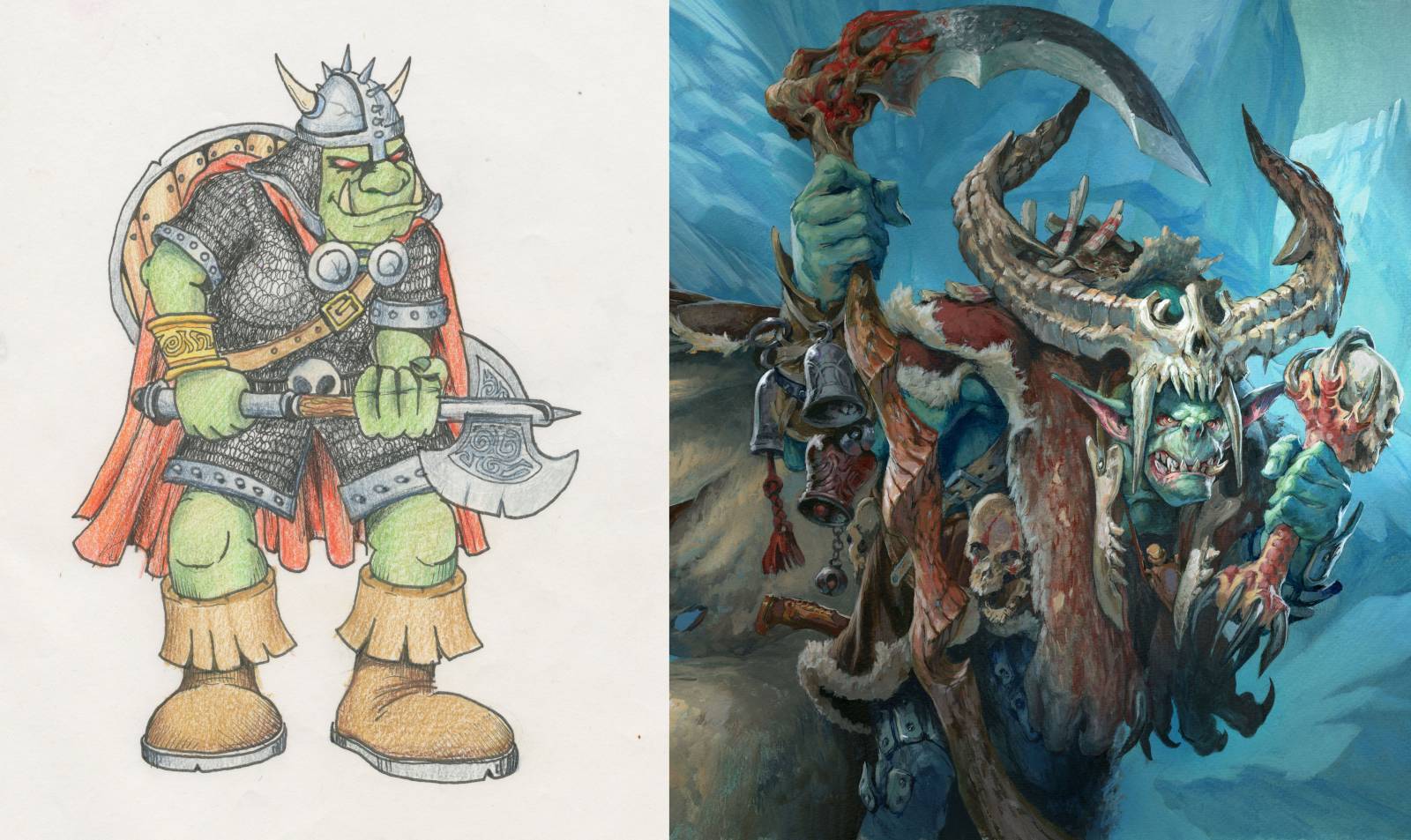
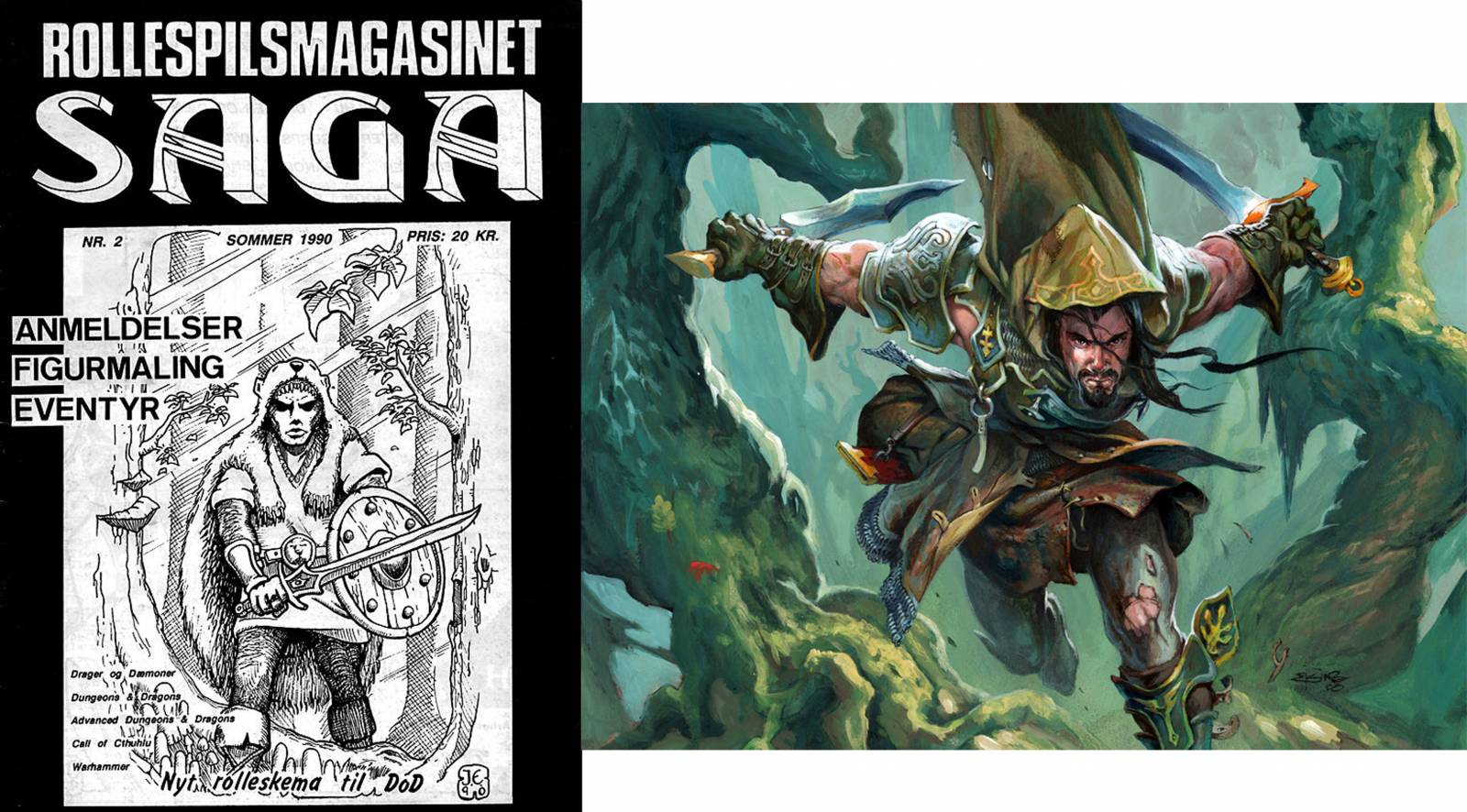
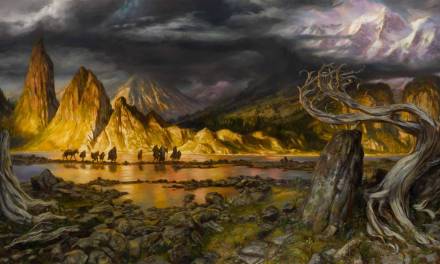
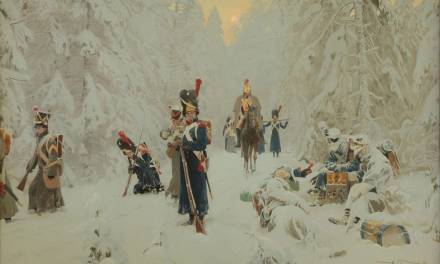
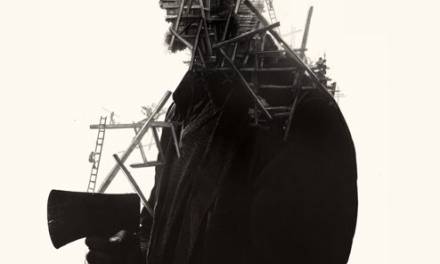
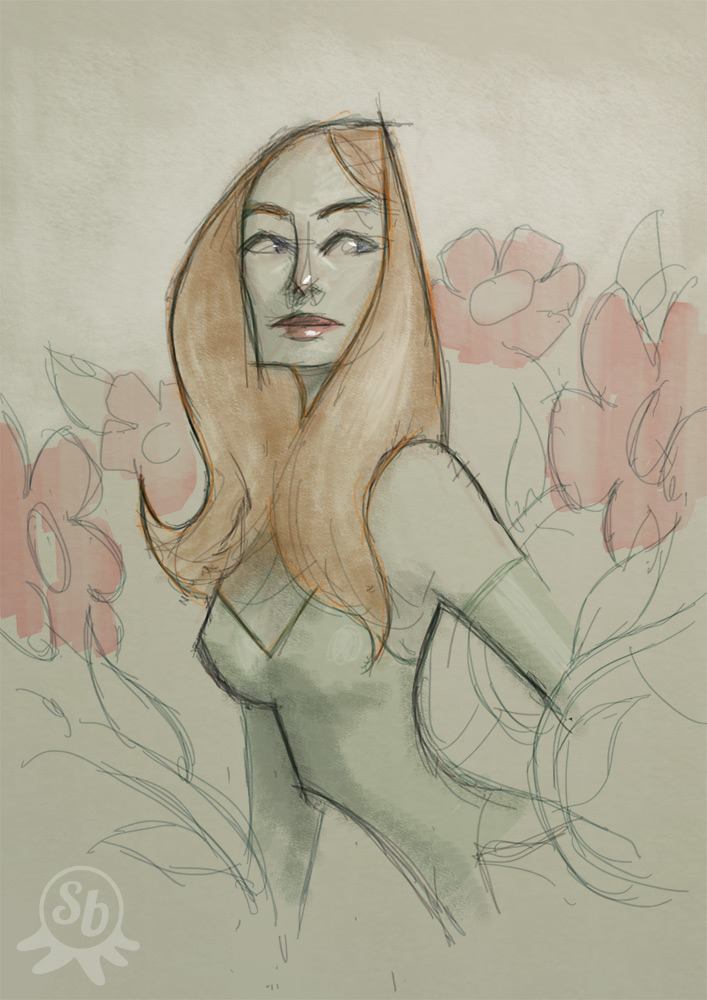
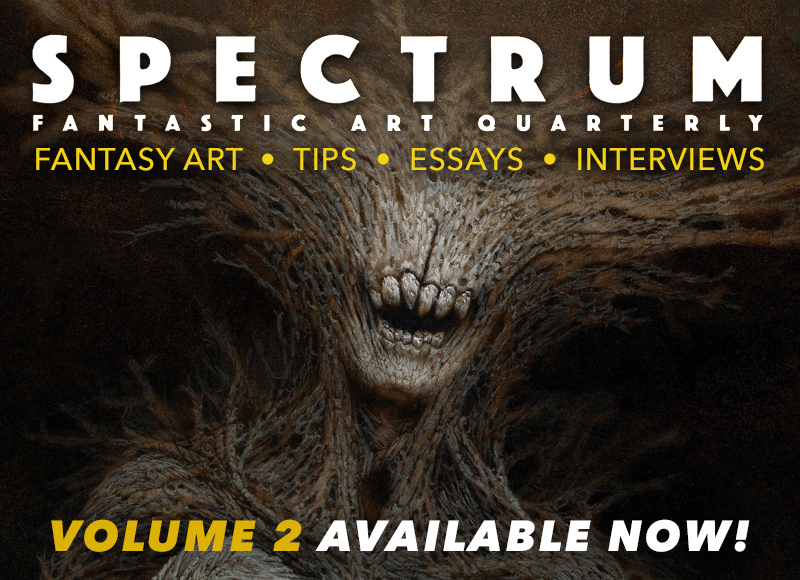
old animations have been replaced with better animations. now those who have worked hard with their abilities, should the ancient comics be raised again because they also have good stories and pictures